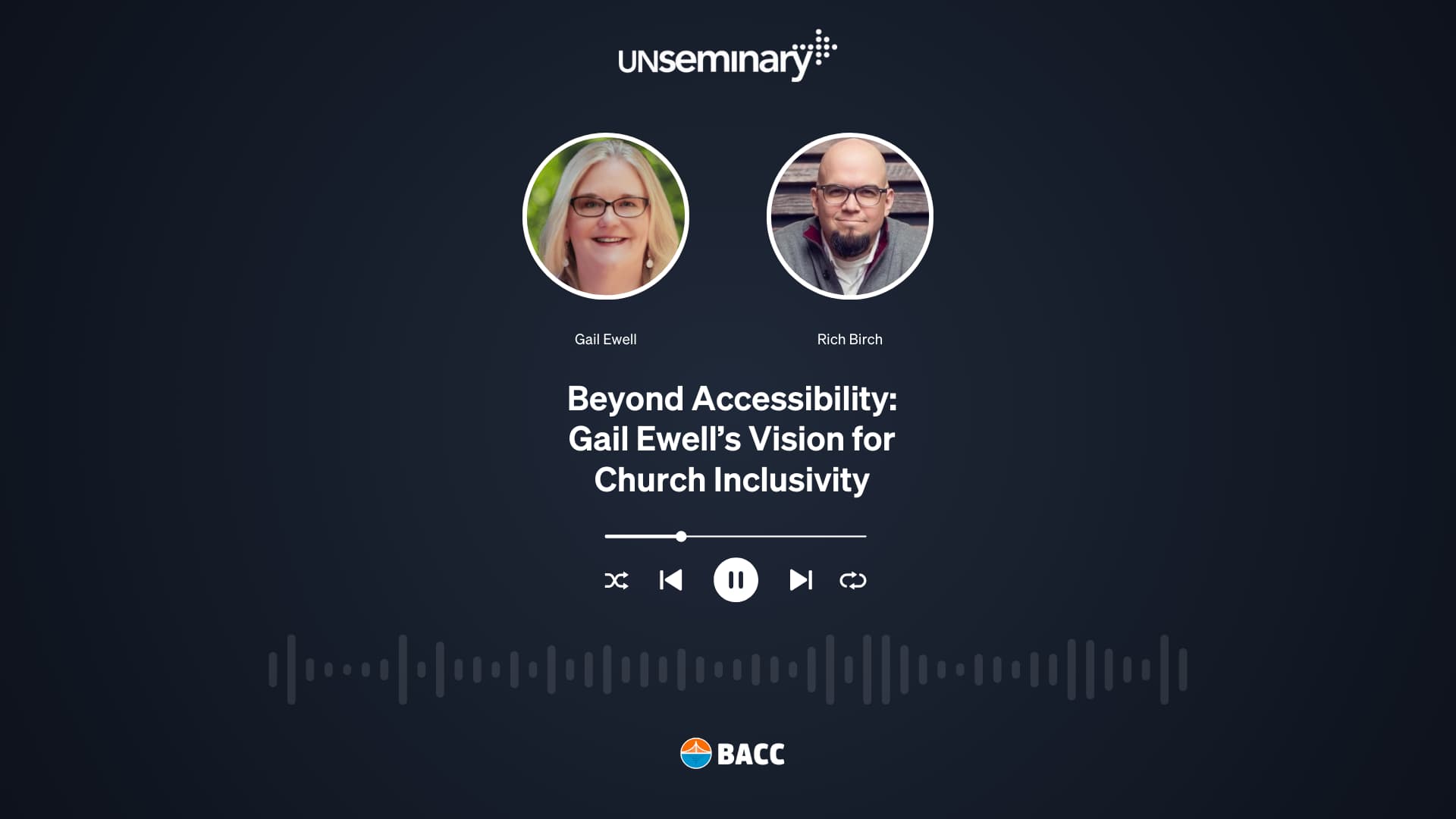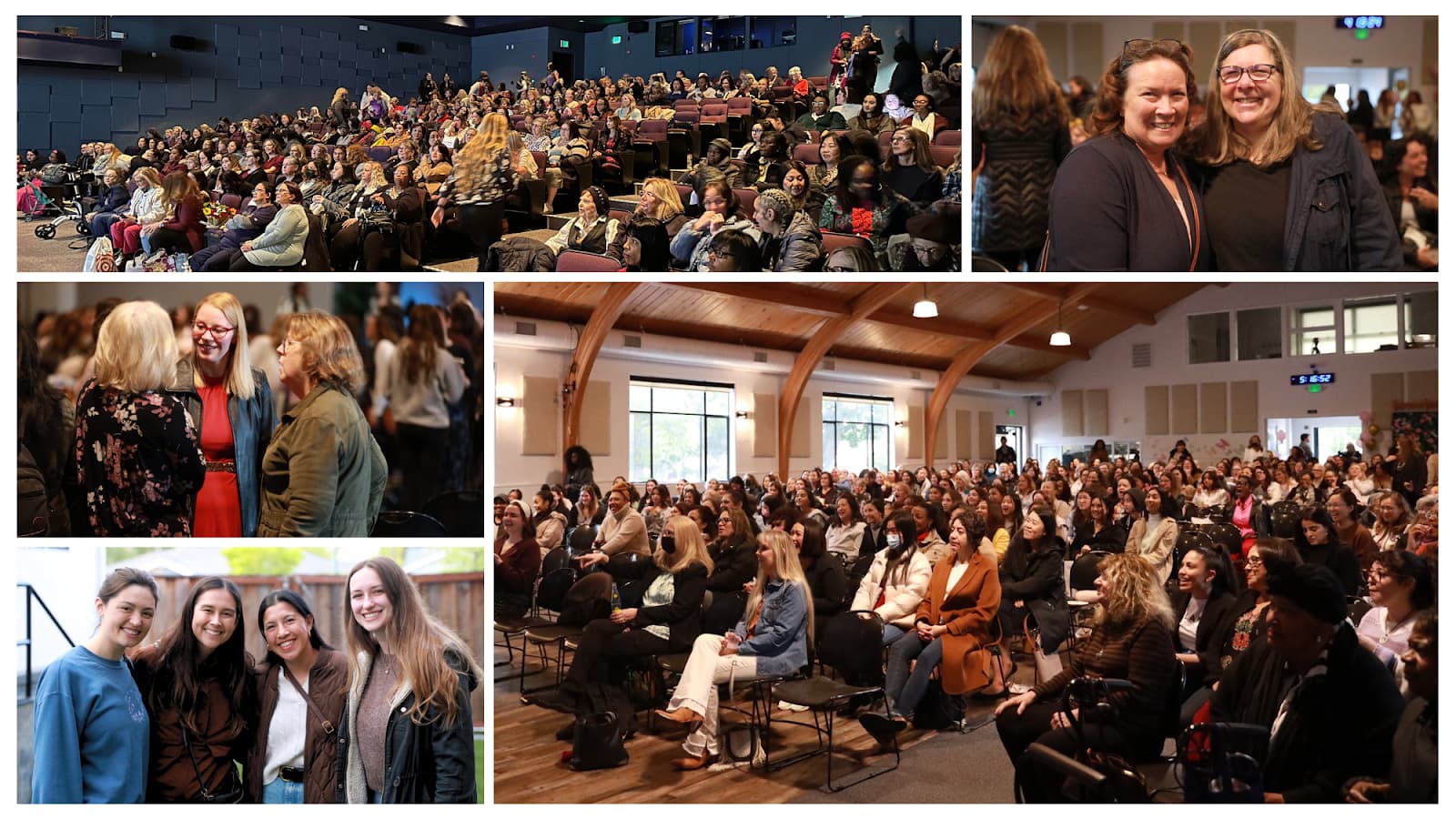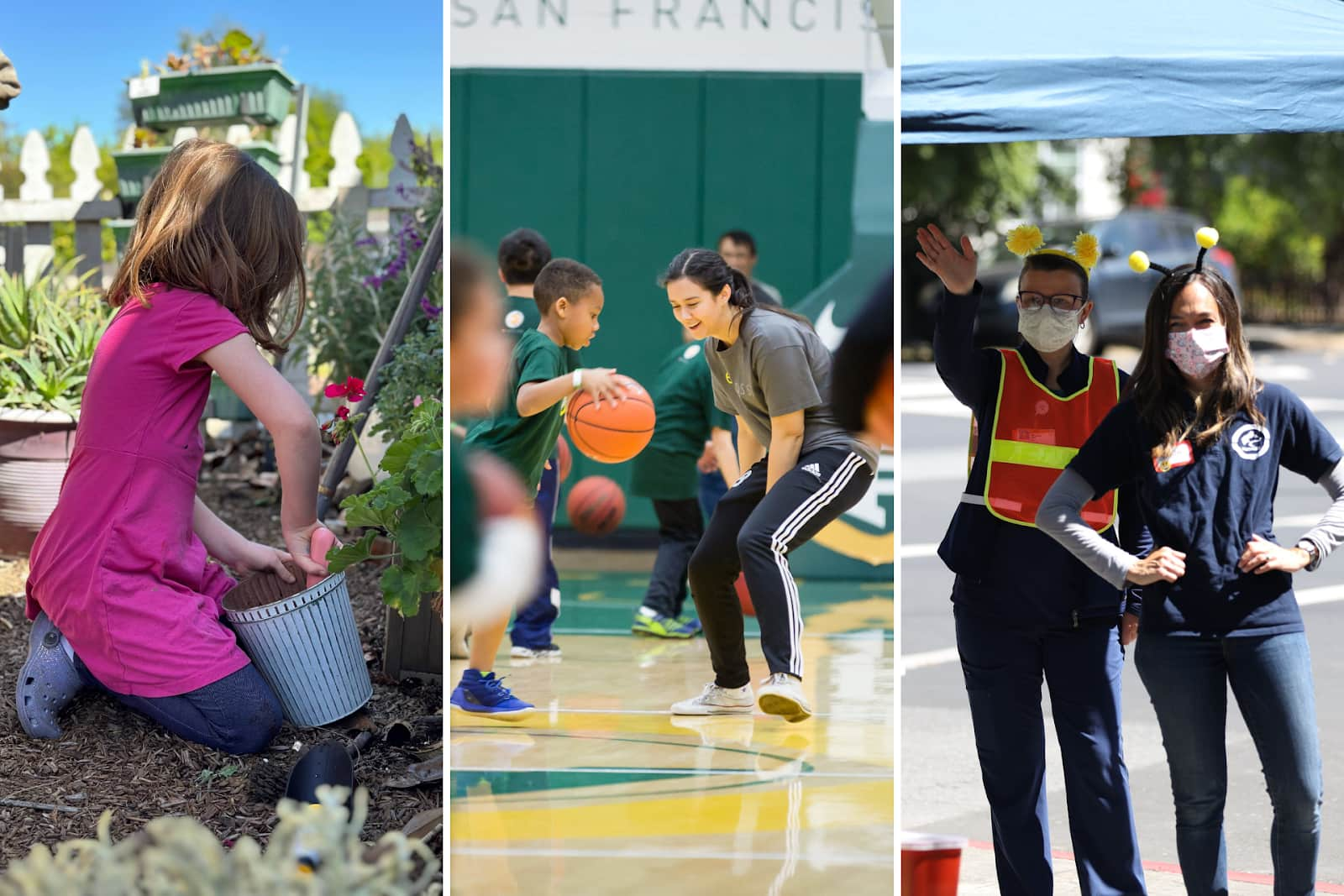Sign up for The Good Stuff
Our weekly newsletter filled with news, updates, and inspiring stories of how God is working in the Bay Area.
"*" indicates required fields
Sign up for The Good Stuff
Our weekly newsletter filled with news, updates, and inspiring stories of how God is working in the Bay Area.
"*" indicates required fields
Inclusive sports such as E-Karate are making radical progress in special needs support
Children, including those with special needs, can experience difficulties with attention, social-emotional development, and motor development. In 2002, Drs. Tantillo, Kesick, & Hyynd and Drs. Yan & Thomas both completed studies determining the effects of sports on development for typically developing children. Both studies found that these children benefited positively from sports programs.
In 2006, child development researchers, Drs. Donaldson & Ronan, found that recreational sports benefited children’s overall development, including their self-concept. Even though there are positive effects of sports for all children, children with special needs are often not included in community sports activities. They are offered adaptive PE in school or Special Olympics in the community. Drs. Young and Wise looked in the United States for sports programs that included every child but when they published their results in 2001, they had found few recreational inclusive sports programs.
Searching for something new
Dr. Ebesegawa, adjunct professor and specialist in early childhood development and education, was informed about Exceptional-Karate (E-Karate), an inclusive community karate program. She was inspired by the program, and she invited Dr. Wensley, a child psychologist, and Ms. Murphy-Simms, a physical therapist, to join her in exploring the benefits of inclusion in the E-Karate community. The inclusive sports program helped the overall development of children with and without special needs.
This group of researchers looked for changes in the E-Karate children’s social-emotional development, motor development, and attention skills. In their study, 11 children with special needs and 8 children without special needs, the parents, and 10 E-Karate coaches and teachers filled out questionnaires. The answers given both prior to the 11week E-Karate class and afterwards were compared to see if E-Karate made a difference in any of the children’s development. Motor progress was measured with the timed Unipedal Stance Test (balance test) with eyes open and closed. Dr. Ebesegawa also interviewed groups of parents, children and teachers gathering their impressions and experiences of the E-Karate program.
The questionnaire information was analyzed by computer and indicated that 95% of the children showed statistically significant progress in their development as reported on one or more of the Behavior Assessment System for Children (BASC-2) rating scales, including parent, teacher or child self report rating scales. Ninety percent of the children with special needs showed some progress on one or more of the ratings scales. Seven of the eight children without special needs showed statistically significant progress on one or more BASC reporting scales. Only two children without special needs and two children with special needs exhibited significant negative changes in some of their scores.
The strength and balance it takes to stand on one foot for a long time is an obvious benefit of any sports program but is especially necessary for practicing martial arts. The children’s times went up significantly over the 11-week period, even for children with Cerebral Palsy. More than half the children were able to stand on one foot for longer for either trial.
The interviews indicated that students, teachers and parents reported benefits from the E-Karate program as well. One mother observed that her daughter with Cerebral Palsy had progressed in cognitive skills such as memory for instructions after her class ended. We speculated that it might be because she learned a 20 step set of movements (Kata) in her E-Karate class.
A clear winner
A young boy with an Autism Spectrum Disorder reported that he had more friends because he had learned to be respectful of others in his E-Karate class. An emerging theme was the teaching style of the E-Karate program as the main factor in facilitating development in the students. These findings are promising and supportive of inclusive recreational Karate programs for the development of all children.
Finding these positive results for both typically developing children and for atypically developing children suggests bringing inclusive sports programs to many more communities as well as continuing to explore the effects of the inclusive teaching style with more controlled methods that will show how well the teaching style works. Access the full paper published in peer reviewed journal, The International Journal of the Humanities, for further reading.

Written by
Mike Query
Mike is a digital marketing manager for the Bay Area Christian Church and is a regular contributor to Inspire. He's passionate about web strategy, music, mentorship, and his quest to find the best burrito in the Bay Area.
How the simple step of a church extending friendship can transform a community.
Mother’s Day gives us the chance to celebrate the moms, mothers-to-be, and maternal figures in our lives
God’s desire is that Jesus lives in all of us, which is why we are passionate advocates for inclusion in the church.


